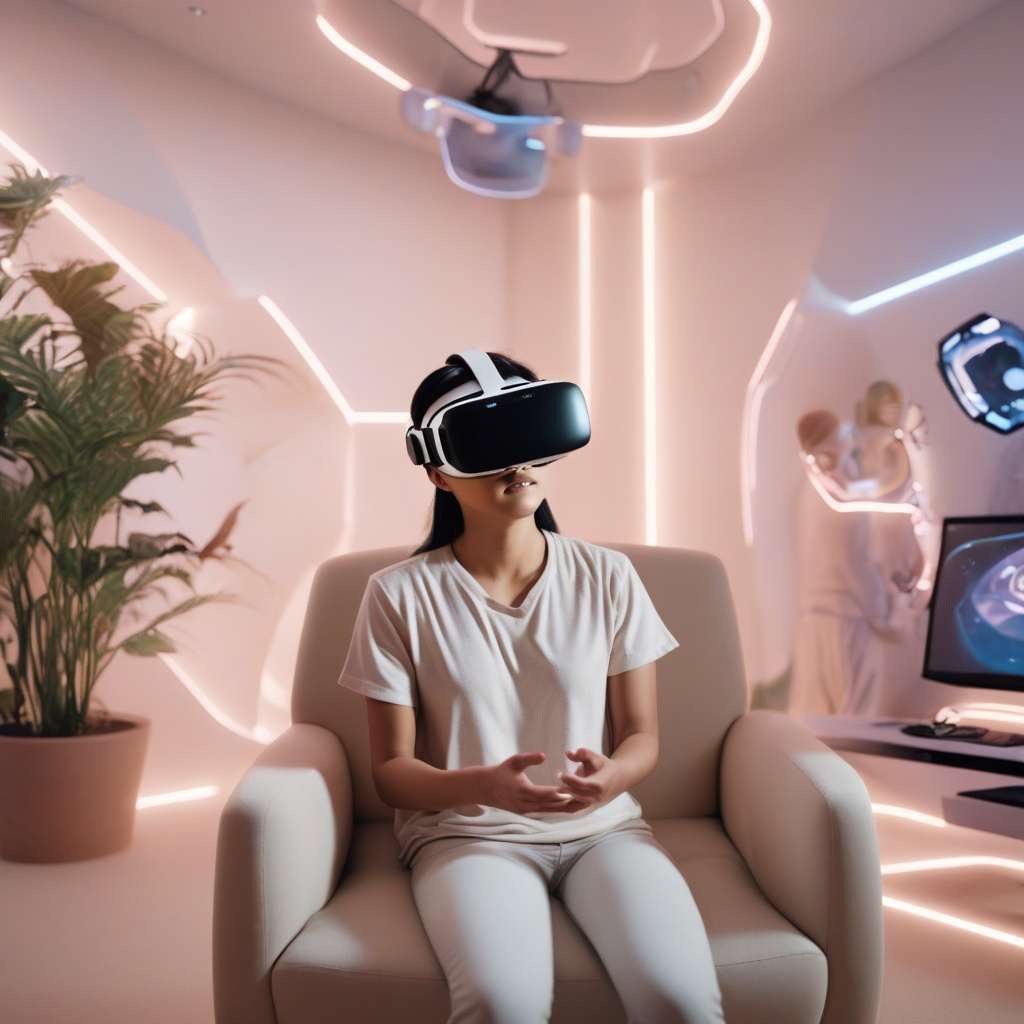Rephobia: Revolutionizing Fear Therapy with Virtual Reality
Virtual Reality (VR) has transcended mere entertainment, evolving into a powerful tool for addressing real-world challenges. Rephobia, a pioneering start-up established in Belfast just last year, embodies this transformation by harnessing VR to redefine the way we confront and conquer our deepest fears. Their mission is clear: to render ‘fear less scary, therapy more human, and support more accessible’ through innovative technological solutions.
The concept of utilizing VR for fear therapy is groundbreaking. By immersing individuals in simulated environments that trigger their phobias, Rephobia provides a safe and controlled space for them to confront their fears head-on. This exposure therapy, facilitated by VR, allows individuals to gradually desensitize themselves to the stimuli that once caused overwhelming anxiety or panic.
Imagine a scenario where someone with a fear of heights can virtually experience standing on the edge of a skyscraper, or an individual with a fear of spiders can confront a room filled with virtual arachnids. These simulations, while not real, evoke genuine emotional responses, enabling individuals to confront and manage their fears in a supportive environment.
What sets Rephobia apart is its commitment to making therapy more humane. Traditional methods of exposure therapy can be daunting and emotionally taxing for individuals already grappling with anxiety or phobias. By integrating VR technology, Rephobia adds a layer of empathy and understanding to the therapeutic process. Clients are guided through their virtual experiences by trained professionals who can provide real-time support and encouragement, fostering a sense of connection and trust.
Accessibility is another key advantage of Rephobia’s approach. In-person therapy sessions may be limited by factors such as location, cost, or scheduling conflicts. With VR technology, individuals can engage in fear therapy from the comfort of their own homes, eliminating barriers that might otherwise prevent them from seeking help. This democratization of therapy opens up new possibilities for those who may have previously struggled to access mental health support.
Moreover, the immersive nature of VR experiences can enhance the effectiveness of therapy. By simulating realistic scenarios tailored to each individual’s specific phobia, Rephobia can provide targeted and personalized treatment plans. This level of customization ensures that therapy is not only more accessible but also more impactful, leading to more significant and lasting results.
As technology continues to advance, the potential for VR to revolutionize mental health treatment is vast. Rephobia’s innovative use of VR in fear therapy serves as a testament to the transformative power of technology in addressing profound human challenges. By embracing this cutting-edge approach, individuals can embark on a journey of self-discovery and healing in a way that is both empowering and liberating.
In conclusion, Rephobia’s pioneering work in using VR for fear therapy represents a significant step forward in the field of mental health treatment. By leveraging technology to make therapy more accessible, humane, and effective, Rephobia is reshaping the landscape of fear therapy and offering hope to individuals struggling with phobias. As we look towards the future, the intersection of VR and mental health holds immense promise, promising a new era of healing and growth for those in need.

